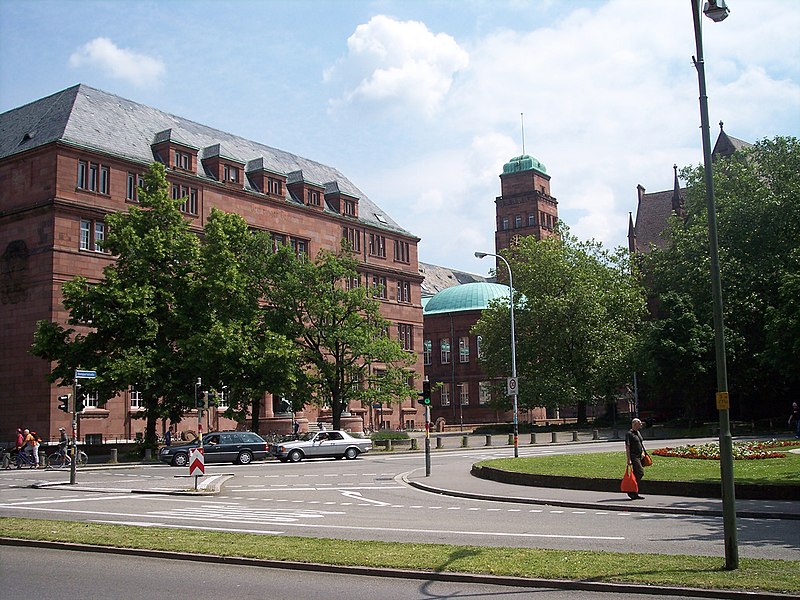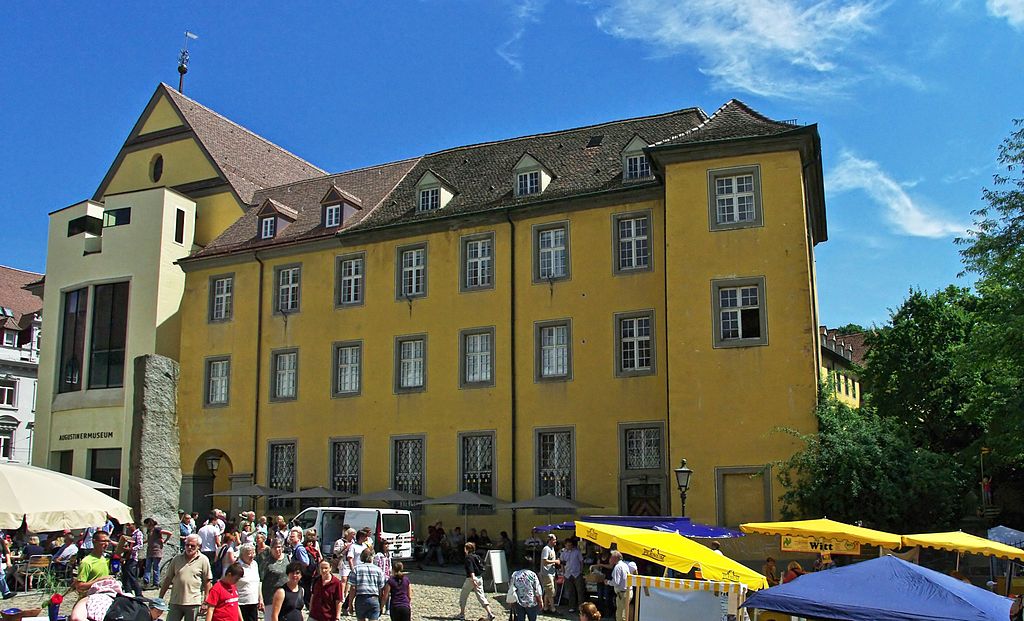“Making your way in the world today takes everything you’ve got
Taking a break from all your worries, sure would help a lot
Wouldn’t you like to get away?
Sometimes you want to go where everybody knows your name
And they’re always glad you came
You wanna be where you can see our troubles are all the same
You wanna be where everybody knows your name.”
Gary Portnoy, “Where Everybody Knows Your Name” (the theme from TV sitcom “Cheers”)
Freiburg im Breisgau, Germany –
31 December 2015 to 2 January 2016:
I have mentioned this place before.
(See Victims of the Machine, Sign of the times, Borderline Obsessive, Saints and monsters, Dark discussions, Allegiance to the Queen, Jason: a phenomenon, Distant friends, Unforgettable of this blog.)
“I often felt as if I were travelling from nowhere to nowhere.
Moving through landscapes that once meant something, perhaps an awful lot, these have been reduced to spaces of transit.
Everything is temporary.
Everyone is just passing through.
This gave me a sense of unease and a hunger for places that matter.
Over the past 100 years or so and across the world, we have become much better at destroying places than building them.
Aristotle thought place should “take precedence of all other things” because place gives order to the world.
In a hyper-mobile world, a love of place can easily be cast as passé, even reactionary.
When human fulfillment is measured out in air miles, communities increasingly find their common ground in cyberspace rather than terra firma.
Wanting to think about place can seem a little perverse.
Yet placelessness is neither intellectually nor emotionally satisfying.
Place is a fundamental aspect of what it is to be human.
We are a place-making and place-loving species.
Place connects us together as a species and bonds us to the rest of nature.
When describing the village of Ishmael´s native ally and friend Queequeg in Moby Dick, Herman Melville wrote:
“It is not down in any map. True places never are.”
In a fully discovered world, exploration doesn´t stop.
It just has to be reinvented.”
(Alastair Bonnett, Off the Map)
Freiburg im Breisgau is my soulmate of cities, a city of flair, of cobblestone and half-timber, of stone and wine and forest, of friends closer to me than family.

It is a place where the welcomes are friendly and boredom is banished beyond its borders.

Above: Martin´s Gate (Martinstor)
It is here where I leave all my cares behind and enjoy the quiet buzz and tasty temptations of a life well-experienced.
It is simultaneously a post-modern university masterpiece and historic old town brimming with Old World charm and sophistication.

Above: one of the many buildings of the Albert Ludwigs University, where my wife studied to be a doctor

Above: the Town Hall where I got married
Quaint little gullies, the Bächle, line its tangle of narrow lanes as I stagger through town after cups overflowing with wine and stomach delighted by excellent cuisine.

Wander the streets with me and listen to the gurgling Bächle, this network of miniature streams once used to water livestock and extinguish fires.
“On the long walks through the traffic-free city centre one crosses a channel carelessly.
Suddenly a little boat made out of paper is floating by.
Children are playing in the water in the middle of the business center of a city.
Fresh water from the Black Forest is briskly flowing next to the streets, taking with it the dust and cleaning the air.
At least this is the argument when people from the north complain about the absurd and dangerous mantraps.
Of course one wants to respond with something that gives an illusion of practical use.
But I think, the Bächle are less for cleanliness than for the soul.”
(Ruth Merten, Wenn Freiburgs Blüten blüh’n)
They were never intended to be used for sewage, and even in the Middle Ages such use could lead to harsh penalties.

On the hottest of days dip your feet within its waters and seek welcome relief.

I experienced its legendary powers, for, as lore dictates, those that stumble into the Bächle will marry a Freiburger(in).
During his visit to Germany in September 2011, Pope Benedict XVI said:
“I´m delighted to be here in Freiburg – illuminated and warmed by the sun.”
Above: the Münster (cathedral): a building of great dimensions matching the giant ambitions of its city, funded by the boots of cobblers and the pretzels of bakers, where a poor man´s Bible can be read in the glow of stained glass windows beneath huge arches supporting blood red sandstone – a house of God, devoted to Maria, rising 116 metres, reaching for the heavens, motivated by mysticism and a labour of love – a cathedral that took 400 years to build and is ever and forever being renovated.
It stands at the centre of the old city in Freiburg´s largest square, where a farmers´ market is held every day except Sundays.
Lazing fat at the foot of the Black Forest´s wooded slopes and vineyards, Freiburg is a sunny, cheerful kaleidoscope of gabled town houses, alleys of dark adventure and stimulating cafés.
Forget Manhattan, for it is here where the party is.
It is a city blessed.
With over 2,000 hours of annual sunshine and an atmosphere rare with clouds of white blossom, it takes a truly cold winter´s day to drive folks away from the canalside beer gardens.
Augustinerplatz is one of the central squares in the old city.
Formerly the location of an Augustinian monastery, that became the Augustiner Museum in 1921, it is now a popular social space for Freiburg’s younger residents.

It has a number of restaurants and bars, including the local brewery ‘Feierling’, which has a Biergarten.
On warm summer nights, hundreds of students gather here.
Here in Freiburg, evidence that this has been a tourist hub for centuries:
Above: Hotel Bären, the oldest hotel in Germany – the foundations of the hotel predate the founding of the town of Freiburg by the dukes of the House of Zähringen in 1120.
It was here that my wife was studying when we first met two decades ago.
(See How SHE came to be of this blog.)
It was here where we first shared an apartment, where I first lived and worked in Germany.
For a time, in my limited circle of academia, I was known as the hardest working teacher in Freiburg, working an insane schedule of 60 teaching hours per week, not including travel time, corrections and preparation.
We would, after some time, move down to the Swiss border to Lörrach, then up to Osnabrück in northern Germany near the Dutch border, and finally settle in Landschlacht on the Swiss side of the Lake of Constance near the German city of Konstanz.
With the exception of a small percentage of my worldly possessions still stored in my cousin´s closet in Canada, most of what I call my own is now with me here in this wee hamlet by the lake.
All, save two things.
My heart is back in Canada, for it was, and shall remain, my homeland.
My soul remains in Freiburg.
It is in Freiburg, where many of my closest of friends still remain, where this Canadian began to cherish what it means to be European, where I began to experience a life vibrant full of love and passion, so that forever this city in my memory lingers.
It is here I rediscover who I am, where I can simply be myself once again.
It is a city where I simply am me.
I make it a point to visit this city in the sun at least two or three times a year.
Since we moved away from Freiburg, it is still a rare New Year´s Eve that doesn´t see Ute and I, yet again, climb Castle Hill (Schlossberg) to, once more, see fireworks above the city.
So stroll with me, gentle reader, down the corridors of nostalgia and fond remembrance whenever Freiburg is mentioned.
May you too find a place that captivates you with its magic and vitality.
Once you find it, you may find yourself one day leaving it behind.
But, rest assured, you will take it with you when you go.



